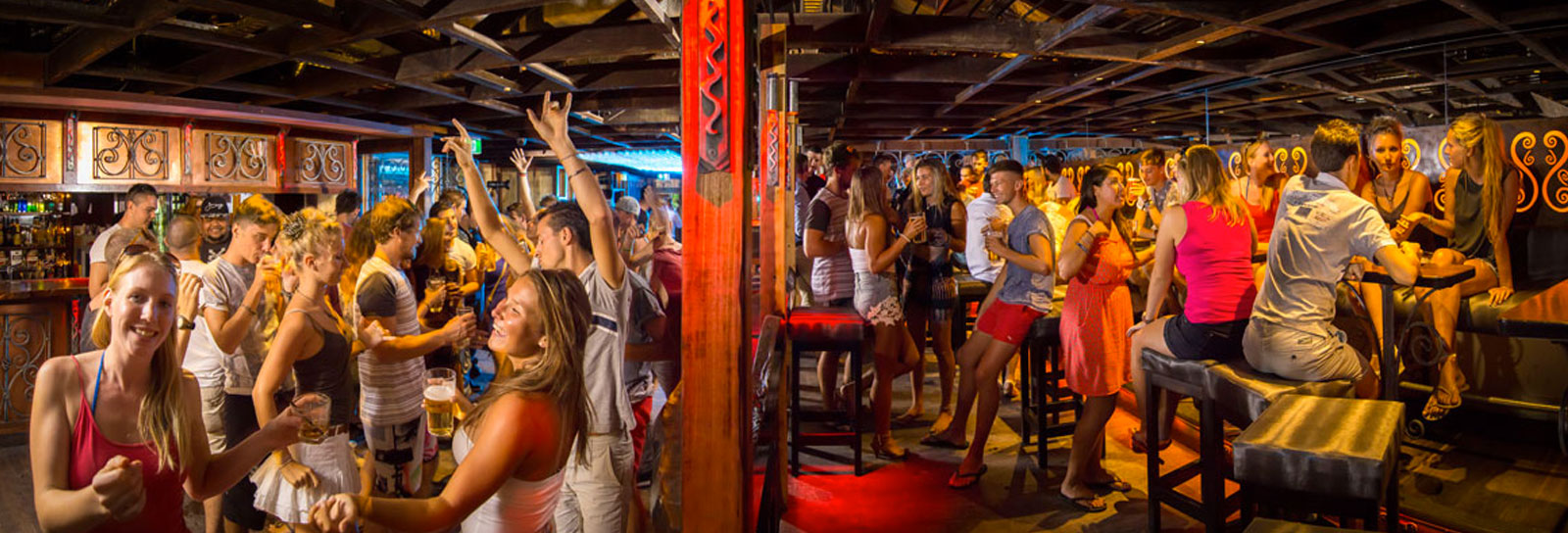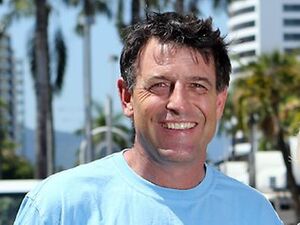Local nightclub veteran supports benefits of compulsory scanners

Compulsory ID scanners are good for patrons as well as business and the long-term benefits from their introduction will far outweigh any temporary inconveniences, according to a TNQ nightclub veteran.
With new figures published by News Corp showing just a handful of revellers outside of the southeast corner, including three in Cairns, were denied entry in the first two months of the State Government’s ID scanning scheme, some operators in parts of the state have questioned the benefits to the industry.
Outside of the state’s largest nightclub hotspots of Fortitude Valley, Brisbane’s CBD and Surfers Paradise where less than 70 people were denied entry, 19 people have been refused entry in 12 Safe Night Precincts in other parts of the state since July 1.

Venues in Ipswich, Bundaberg, Mackay, Toowoomba and Gladstone have cut back trading hours and seen a reduction in patrons since the introduction of compulsory scanners, with Woolshed managing director Dominic Davies saying the new regime had been a success in TNQ.
“It’s a good think that only three people have been denied entry in Cairns since the introduction of compulsory scanners,” he said.
“The ID scanners are a proactive way of changing behaviour.
“It is a no-brainer that scanners help reduce trouble and make venues safer for patrons and better for business.”
WORK THROUGH TEETHING PROBLEMS
The Woolshed has scanned IDs for 10 years and through the Cairns Liquor Accord has worked with local police and other venues to help limit the effects of anti-social behaviour and while Mr Davies recognised some venues were experiencing “teething problems” and there were costs involved with the introduction of ID scanners, he insisted these issues would lessen over time.
“The only inconvenience to people is they have to bring out their licence to get into a venue,” he said.
“It’s a bit problematic getting people through the doors at peak times, but it is only going to get better as the technology improves.
“The industry needs to embrace the technology and all the benefits it will bring.
“This will change people’s behaviour and have the same effect as breathalysers on changing behaviour and perception of drink-driving in the community.
"If you run a safe place, it appeals to a broader range of people, if they feel safe they are more likely to come into town.
"The industry should use the scanners as a powerful tool to reduce incidents of anti-social behaviour and costs will reduce over time."
Mr Davies also said venues should ensure systems were put in place to ensure ID scanners worked as efficiently as possible, including having a "human manager" on hand to deal with any issues that may come up.
STATEWIDE STATISTICS
Licensed venues in Safe Night Precincts scanned 213,000 people in the first week after the introduction of compulsory scanners but only 167,000 entered the same venues during the week ending August 27.
A spokeswoman for Attorney-General Yvette D’Ath told News Corp there would be a review of the ID scanners next year.
“ID scanners in licensed venues are a key plank of the Palaszczuk Government’s strategy for tackling alcohol-fuelled violence,” she said.
“More than 1.9 million IDs have been scanned since the laws were introduced in July.
“More than 95 contraventions have also been detected, which means there has been more than 95 instances where someone with a banning order has tried to enter a venue and has been stopped.
“If scanners have prevented one family from dealing with the aftermath of a tragedy, they have already proven their worth.”<strike></strike>

